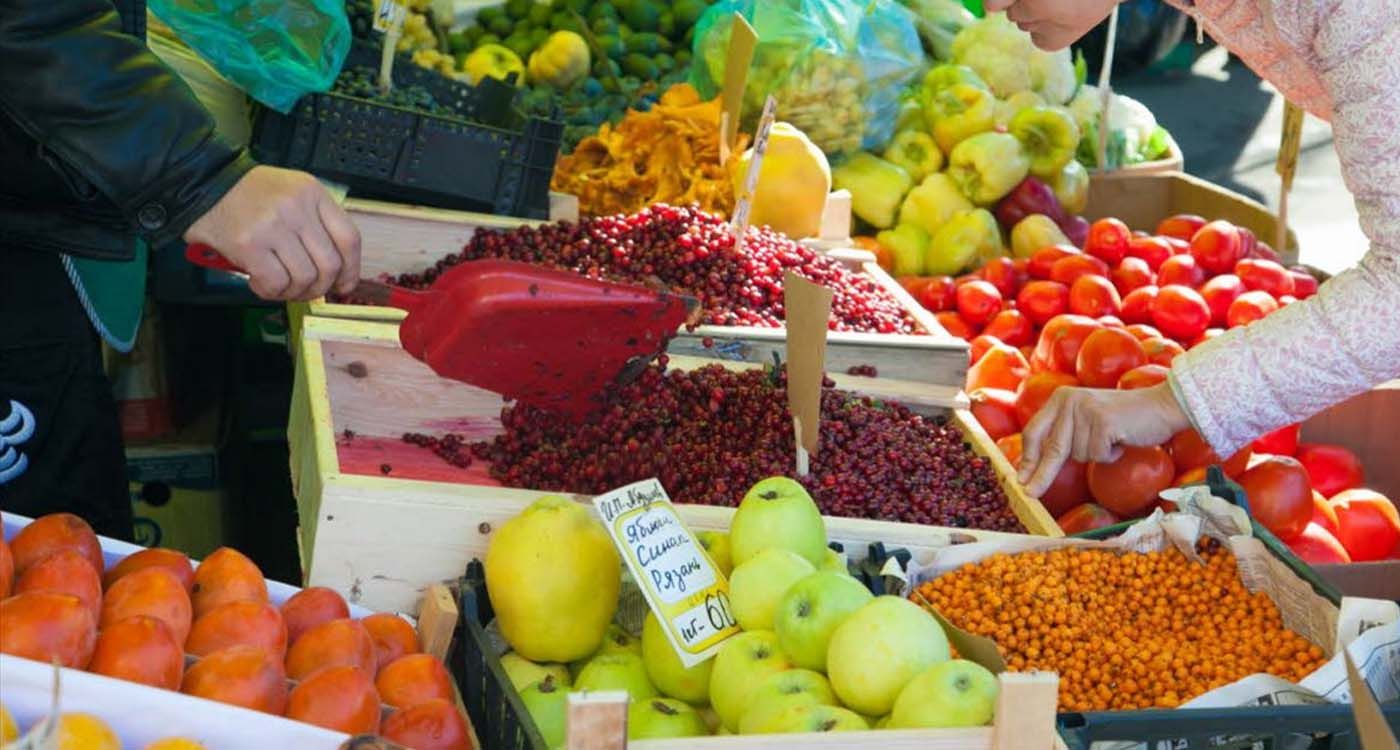
Lebanon is facing a surge in food poisoning cases, revealing the alarming effects of socio-economic crises on food safety, exacerbated by war and resulting hygiene issues.
In recent weeks, Lebanon has seen a notable rise in food poisoning cases, a phenomenon that cannot be separated from the socio-economic conditions burdening the country. The war context alone increases these risks, as we will explain later. However, other factors also play a role. First, the chronic lack or shortage of electricity severely compromises the cold chain, essential for the proper storage of certain foodstuffs. Additionally, water cuts and limited access to reliable drinking water in some regions further intensify the risks of contamination. A study conducted as part of the United Nations' emergency interventions in 2021 revealed that 9.2% of Lebanese struggle to access drinking water and 16.6% to domestic water, with significant regional disparities.
It is highly likely that these percentages have increased considerably today, worsened by the escalation of socio-economic and infrastructural crises in the country. Furthermore, the lack of health control, both in conflict-affected areas and in those hosting displaced people, exposes the population to major health risks.
Food Supply Chain
The rise in food poisoning cases in Lebanon results from various dysfunctions within the food supply chain, from preparation to transport and storage. Some restaurants and delivery companies do not consistently adhere to food safety standards, naturally leading to an increased risk of contamination. Meats, fish, seafood, dairy products, and certain raw vegetables can promote the growth of bacteria such as Salmonella, Escherichia coli, and Listeria when exposed to improper temperatures or when mishandled, stored, or transported under inadequate hygiene conditions. The lack of awareness about proper sanitary practices and the absence of precise traceability throughout the food chain further complicates contamination prevention.
In Europe, the storage, sale, and transport of “perishable” goods are regulated by law to ensure public health. In Lebanon, the ability to maintain a constant temperature during home deliveries of refrigerated and frozen products raises concerns. Most companies offering this service do not have vehicles equipped with refrigerators, although deliveries can take several tens of minutes, if not more. This leads to potentially significant temperature fluctuations for products that should not vary by more than 2 to 3 degrees Celsius over a maximum period of 30 minutes. "It is essential to maintain the cold chain to ensure optimal food preservation and prevent food poisoning. It is equally crucial to respect expiration dates. During wartime, some might take advantage of decreased controls to adopt negligent practices or even sell expired stocks," warns Dr. Eid Azar, head of the infectious diseases department at Saint George Hospital in Beirut.
Underestimating the Risks
Food poisoning also stems from households. Failure to follow storage and cooking guidelines, the use of expired products during this economic crisis, and ignorance of the risks linked to certain raw foods – often poorly preserved due to the severe electricity crisis – contribute to the increase in cases. Some consumers also underestimate the risks associated with improper handling of certain raw or even cooked foods. “Ingesting food contaminated with bacterial toxins (toxic substances synthesized by certain bacteria) can lead to severe food poisoning. Symptoms vary depending on the type of toxins, ranging from nausea and vomiting to severe diarrhea and dehydration,” explains the doctor, noting that these cases differ from gastroenteritis – mainly caused by enteroviruses and rotaviruses – typically observed during the summer. Furthermore, the increased consumption of ready-to-eat foods and takeaway meals also heightens exposure to dishes prepared under sometimes unsanitary conditions. The lack of strict control over these preparations, combined with high demand, fosters the emergence of food poisoning outbreaks.
Collective Kitchens
The war in Lebanon has also contributed to the deterioration of food safety conditions. While collective kitchens’ efforts to support displaced populations are commendable, they have sometimes been marred by improper meal preparation and distribution methods, leading to mass food poisonings. For instance, on October 5, over 100 displaced people housed in the Darb el-Tebbane school in Tripoli suffered food poisoning after consuming meals distributed by associations, consisting of vegetables, rice, and meat. On the same day, dozens of other food poisoning cases were reported in a school in the Kobbe district, east of the city. Generally, war creates conditions conducive to the spread of infectious agents due to massive population displacements, overcrowding, and lack of access to basic hygiene.
Regardless of the cause of the poisoning, it is imperative to refrain from self-medication, particularly the use of antibiotics without prior consultation with a healthcare professional. This approach is critical to preventing the emergence of bacterial resistance, which studies project will become the leading cause of global mortality by 2050.




Comments